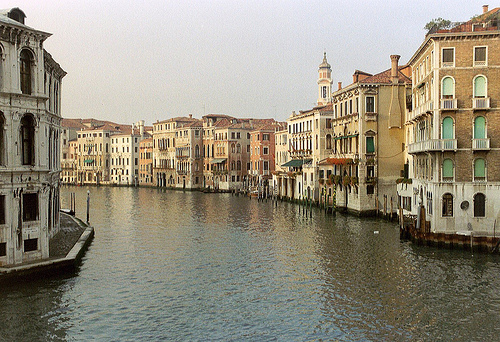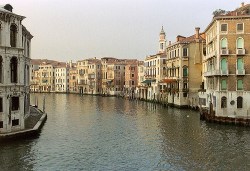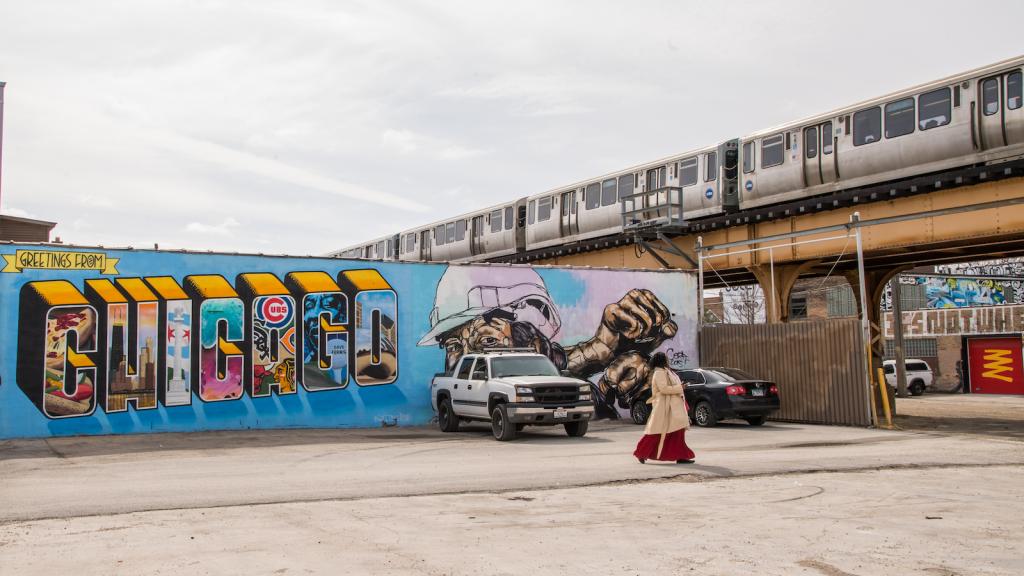On Thursday, Detroit tried a little Venetian experiment, turning one of its freeways into a river.
This would have been great if it had been intentional, like an artistic statement about transportation and modern society or something. But instead, it was another statement: We should probably spend some money on infrastructure every so often.
Early in the afternoon, a four-foot water main ruptured on the city’s west side, sending what one resident described as “a little tidal wave” rushing through the street and swamping the nearby Lodge Freeway. Water reached the windows of cars trapped in the lower part of the roadway.
Freak occurrence, right? Not really. A few days ago, there was a break in nearby Shelby Township. In February, a water main break in a residential neighborhood flooded for a month, the freezing water leaving icy obstructions across the paths of neighbors.
Literally while the water main was still gushing yesterday, the Michigan legislature was working (unsuccessfully) to finalize the state’s 2013 budget. A 2009 report from the American Society of Civil Engineers suggested that the state needed an $11.3 billion investment in its water infrastructure by 2029. Gov. Rick Snyder’s (R) proposed budget for 2013 offers $56 million in funding for the Water Resources arm of the Department of Environmental Quality and a $2.5 million allocation for a federal matching grant for the drinking water revolving fund program — well off the ASCE’s mark. And legislators are likely to make the municipalities’ woes worse, reducing the amount of revenue collected from property taxes. As Detroit Mayor Dave Bing (D) told CBS, “We can’t take that kind of a hit.”
There is an obvious correlation between how much we spend on upkeep for our infrastructure and how often that infrastructure fails. And these ruptures aren’t just an inconvenience. In each case, this was fresh, treated water that went to waste, meaning that in addition to the cost of repairing damage to the mains and the surroundings, the cost of treatment was lost, too. Maybe spending a little money up front would save money over the long run? Just spitballing here. Oh, and give some folks jobs, since construction employment is at an all-time low, per today’s Bureau of Labor Statistics report.
Or we could turn Detroit into a new American Venice and revert to drinking directly from public waterways. Since entropy always wins anyway, why fight it?



